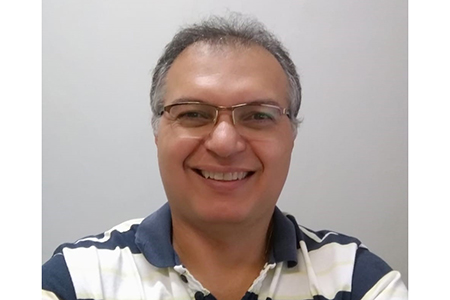“Any task that cannot be carried out by a single agent requires the interaction of multiple agents aligned with the solution to the problem. Teamwork usually requires coordination between the members so that there are no conflicts and the result is more efficient. In the field of artificial learning, when one element is unable to fully learn the solution to a problem, it requires the participation of other “intelligent” elements to fully learn the solution. In this way, a collaborative learning system is presented, in which intelligent agents learn to collaborate with each other in order to achieve complete learning in a self-coordinated way (without a coordinator) and without the occurrence of conflicts between the intelligent elements. Specifically, it involves inserting other neural networks or other intermediate layers into an ANN in order to collaborate with the learning already acquired and thus add new knowledge to the system.”
This is how Prof. Areolino de Almeida Neto describes his presentation entitled “Collaborative learning in artificial neural networks”, which will take place on 15 November at 14:30, room B033.
The talk will be moderated by Prof Carlos Soares (DEI).
Short Bio
Areolino de Almeida Neto holds a Bachelor’s degree in Electrical Engineering from the Federal University of Maranhão (UFMA) in 1990, a Master’s degree in Aeronautical and Mechanical Engineering from the Technological Institute of Aeronautics (ITA) in 1998 and a PhD in Aeronautical and Mechanical Engineering from ITA / Universität Hannover (2004). He has experience in Electrical Engineering, Mechatronics and Computer Science, with an emphasis on Mechatronic Systems and Artificial Intelligence, working mainly on the following topics: neural networks, reinforcement learning, mobile robotics and manipulator robotics. Since 2015, he has been working as Coordinator of the Aerospace Engineering WG of the Secretariat of Science, Technology and Innovation (SECTI) of Maranhão, Brazil. He has been a permanent member of the Postgraduate Programme in Computer Science at UFMA since 2010, which has allowed him to publish several scientific articles on neural networks and reinforcement learning, and a book on multiple self-coordinating neural networks.
